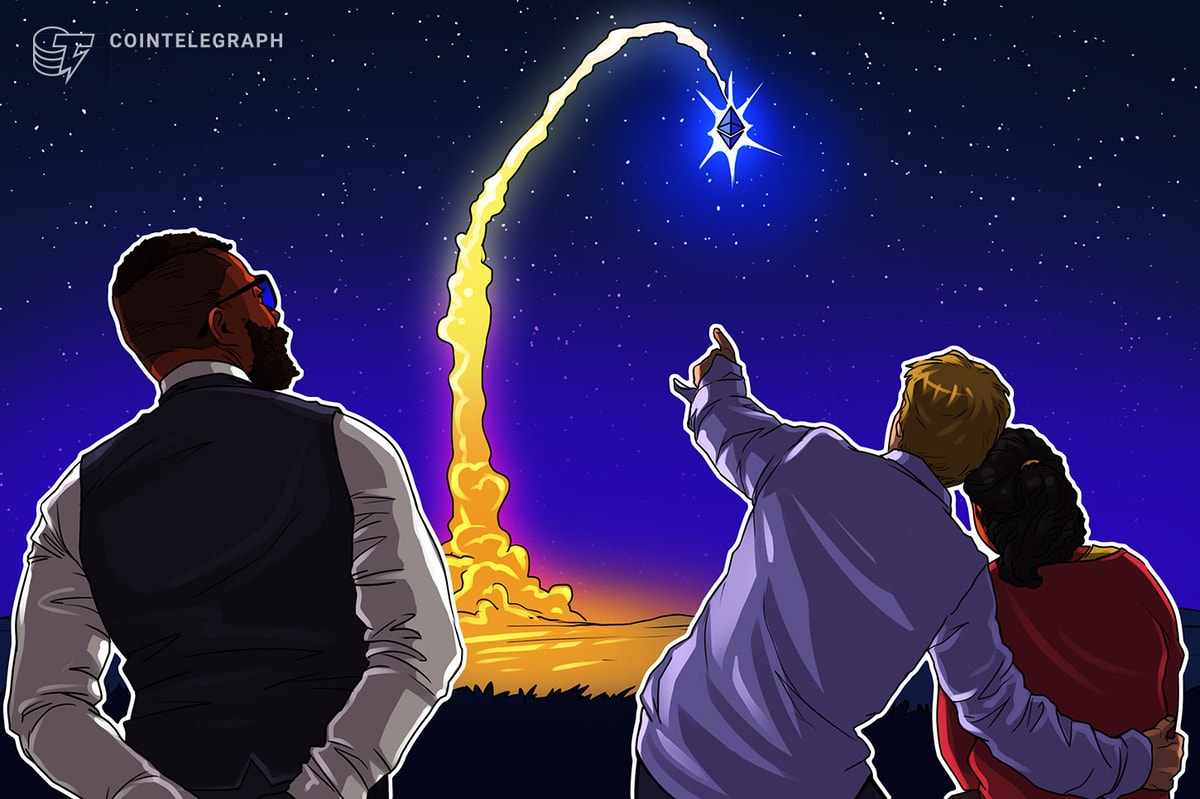Almost a third of all Ether has been staked as tokenholders show long-term interest in the crypto asset and the rewards they can reap.
On Oct. 8, onchain data provider IntoTheBlock said that 28.9% of all Ether (ETH) had been staked. The data platform highlighted that in January, the percentage of ETH stake was at 23.8%, which means that an additional 5.1% of all ETH was staked in the last 10 months.
Source: IntoTheBlock
IntoTheBlock also highlighted that 15.3% of staked ETH had been staked for over three years. The data provider said this is a strong signal of “long-term confidence” in the future of Ethereum.
Ether price falls despite increase in staking
Despite the rising interest in staking ETH, the prices of many crypto assets have declined. Even though ETH showed great strength in the first half of 2024, the token’s price faced challenges in October.
On March 12, ETH reached a yearly high, trading above $4,000. Still, it has had a 40% drop since March, as its price is hovering at around $2,400.
Ether’s yearly price chart. Source: Cointelegraph Markets Pro
Analysts say that sell pressure from initial coin offering participants and a lack of demand for the spot Ether exchange-traded funds may have contributed to the recent decline.
Between Oct. 1 and Oct. 3, ETH’s price dived by 12% after failing to surpass $2,650. The bearish sentiment wiped out the asset’s gains in the previous two weeks.
Related: Ethereum blob count is ‘uncomfortably close to a ceiling’ — Vitalik Buterin
Lowering solo-staking requirements
Meanwhile, Ethereum co-founder Vitalik Buterin recently supported lowering the requirements for solo staking.
On Oct. 3, Buterin joined a discussion on X about solo staking. The Ethereum co-founder recognized the importance of lowering the minimum ETH requirements for investors to earn by staking alone.
While staking pools are available for users with fewer funds, holders who want to stake on their own would need 32 ETH, worth almost $80,000. In a post, Buterin recognized that this may deter broader participation in staking.
Magazine: Decade after Ethereum ICO: Blockchain forensics end double-spending debate









